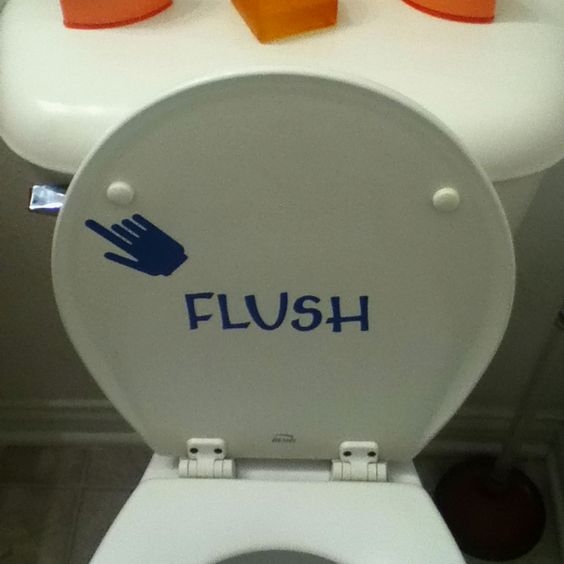Tips For Building An Energy-Efficient Home
RH Business Marketing Solutions
Tips For Building An Energy-Efficient Home
One of the biggest expenses an average household needs to deal with is the heating and the AC bill. Traditional energy sources are also damaging to the environment and they are going to become more expensive in the years to come.
Building a more energy-efficient house requires an initial investment that can be troublesome for some homeowners, but it cuts down energy bills in the long run and, most importantly, makes your home less responsible for the carbon footprint and overall damage to the environment.
Solar Panels
Solar panels are probably the best way to get off the traditional energy grid. They used to be expensive and complicated to install, but this is no longer the case since the technology has improved and there are government incentives to use them, at least in countries such as Australia and Denmark.
A good thing about these panels is that you can use them only occasionally and rely on the traditional power grid when the weather isn’t suitable. That way, you can slowly make the change and not burden your household with the possible issue that might arise during the installation.
Appliances
Ordinary home appliances probably consume the most of the energy that an average Australian household uses. These are small amounts of power individually, but when they add up, they can really hurt your bottom line. It’s important to handle this issue by changing or fixing up the appliances one at a time.
Try to purchase the appliances that are designed to waste less energy. Those are usually marked with a blue star. Beyond that, it’s imperative for you to organize regular check-ups for the older devices you’re not replacing. Once a year, a licensed electrician should take a look.
Infrastructure
The infrastructure of the building itself means more than any small tweaking you can make when the construction is completed. If you’re building your home from scratch, you should hire formworkers from Sydney to make sure your property is constructed in the least wasteful way.
This is also an opportunity to handle the insulation of the entire home. A good insulation can cut down the energy bills for as much as 30 percent during both summers and winters. There used to be a time when all insulation materials used to be harmful to the environment, but this is no longer true and you can have a well-insulated home without using damaging materials.
Having Your Own Garden
A backyard garden is one of the best additions you can make to your home, both in terms of aesthetics and in terms of energy savings. Transporting food to your grocery store is probably the biggest addition you make to the carbon footprint. By cutting down on these expenses, you’re saving the environment and making sure you’re eating healthy food.
It takes time and effort to build a garden. It’s best to start with the produce you can find and grow locally and have a small plot that you can cultivate in your spare time and probably with a help of someone with more experience.
Water Savings
Water is rarely thought of as a resource at all, but it is a scarce one and it will become even more important in the years to come, when there’s less of it. Small tweaks around the house are often enough to cut down on your waste, but if you want to go all out – you could install a rainwater collection system.
It’s best to start with installing faucets that are motion activated. They turn off the water much faster than traditional faucets and thus waste much less of it. These are a bit more expensive but you only need to have them in the kitchen where they are used the most.
Building an energy-efficient home will cut down your spending and make the household more eco-friendly. It takes some funding to build but it pays off in the long run.
Guest Contributor, Amelia Atkins
